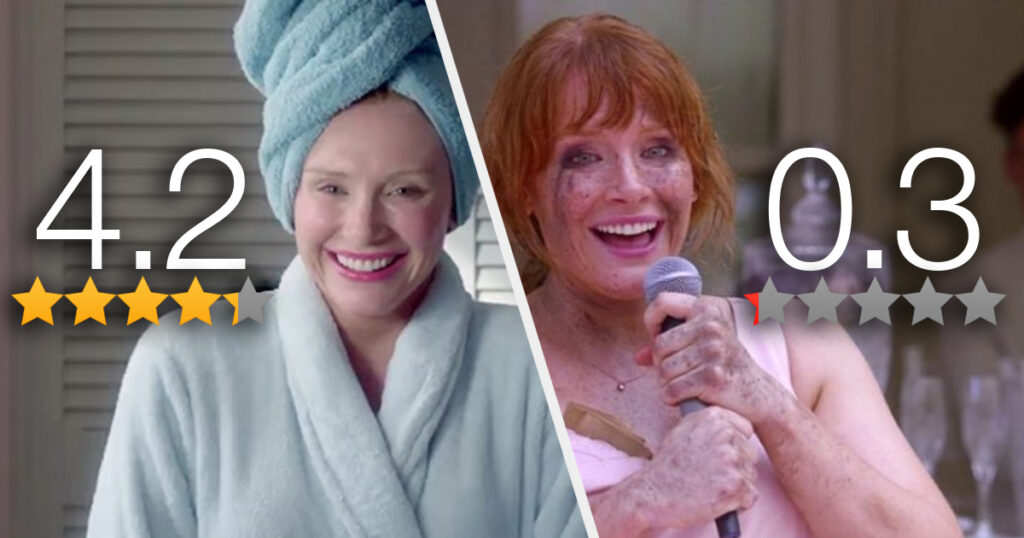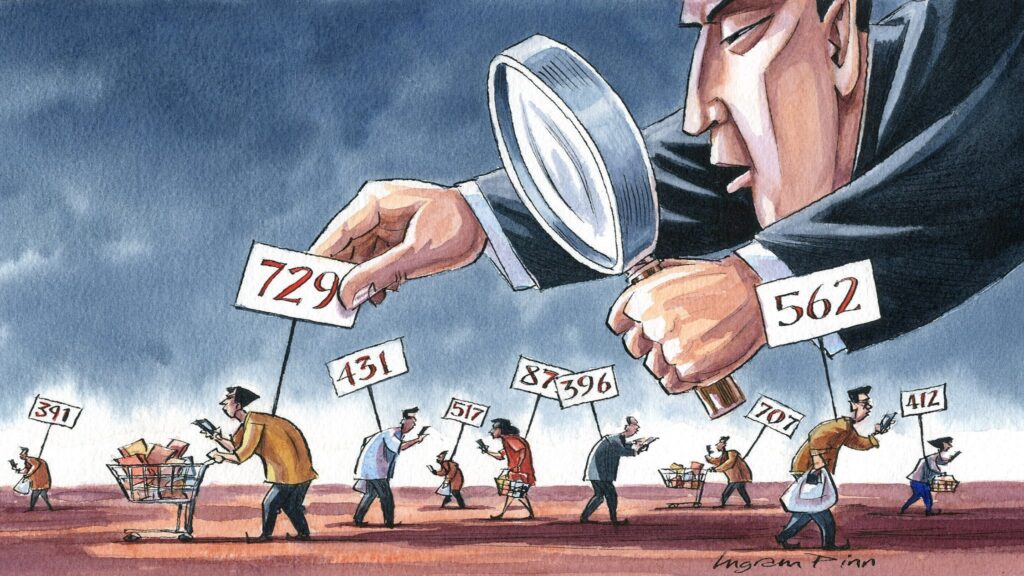Have you heard the term social currency?
In today’s hyper-connected world, social currency refers not just to the relationship between a business and its consumers but to the perceived value individuals gain through their interactions in digital spaces. Traditionally linked to social capital—networks, influence, and brand affiliations—it now permeates how people, not just brands, operate and present themselves online.
Social Currency and Its Impact
With the explosive growth of mobile internet use, we are constantly exposed to content that promotes prosocial behaviours—acts that benefit individuals and communities alike. Social currency plays a significant role in encouraging such behaviours. The development of positive personalities and adaptive social behaviour contributes to human survival and progress. And yet, theoretical research still lags behind the rapidly growing body of real-world evidence on the impact of social currency on prosocial behaviour.
From a marketing perspective, businesses that provide meaningful value and information to their audiences build social capital, strengthening their market position. It’s relatively easy to convert a visitor into a customer through seamless browsing and checkout experiences. However, turning that customer into a loyal advocate requires more. That “more” is social currency. In marketing terms, it’s central to what’s called Contagious Marketing.
What began as a strategy for brands to gain visibility through social networks has now evolved into an entire lifestyle.
Society has embraced technology so completely that our daily lives are now measured and validated by likes, comments, and shares across digital platforms. It’s not far-fetched to imagine this parallel reality accelerating faster than the speed of light, driven by evolving tech pushing us toward a robotic future. For example, Digital Socialites today are increasingly obsessed with image control, curating their lives to appear flawless. The fear of losing followers—or being judged—prevents them from sharing mundane moments or their authentic selves. The dominance of forced positivity has sparked a kind of mania, regardless of its truth. But overgeneralizing an optimistic state of mind can only negate, minimise, and invalidate the real human experience.
How far would society advance to increase its Social Currency?
Why are modern mortals spiralling into a sadistic lifestyle? Is this the evolution of civilisation as we know it? Why is the essential value of kindness being redirected toward a culture of toxic positivity?
Society often rejects those who dare to live differently. Although we debate diversity, inclusivity, and uniqueness, the world rarely embraces those bold enough to truly stand out. This rejection discourages people from being themselves. But experiencing a range of emotions is not a flaw—it is, in fact, a sign of being fully alive.
Suppressing negative feelings is toxic to our minds, bodies, and spirits. And no, we don’t need to broadcast every emotion on public platforms. But equally, faking happiness without sincerity is just as inauthentic.
“The fabricated identities on social media networks are often highly influenced by socioeconomic status, causing them to share content or display emotions that only serve to make them look good.”

Influence of the Social Credit System
In 2014, the Chinese government introduced guidelines for constructing a national social credit system. Though first tested in the early 2000s, it soon became a formalised mandate. At face value, this system aimed to improve public welfare—monitoring financial behaviour, lowering crime rates, and promoting social order. Through a combination of online score systems and omnipresent surveillance, citizens were ranked and rewarded—or penalized—accordingly.
High scores came with privileges like better travel options and economic opportunities. Low scores led to restrictions and consequences. And while there’s data to suggest crime rates have declined and economic indicators have improved, the reality of living in a “socially approved” world is far more complex.
In a democratic country, every individual has the freedom to express their viewpoints. However, in China, the right to personal expression is compromised. Journalists, filmmakers, and writers face blocklisting for voicing dissent or political critique. Is that truly fair? Or do Chinese people appreciate the regime of One-Party Rule?

What is the meaning of capital if it comes at the cost of your freedom of choice?
For the first time in human history, a nation operates as a digital dictatorship, producing, in effect, emotionless puppets. What does this mean for the future? Many citizens, conditioned by years of systemic control, are not ready to unplug. Some are even willing to defend the very system that imprisons them. While many believe they are working together for the greater good, others feel the entire concept of social control clashes with the broader human need for freedom and individuality.
Yet beyond China, this pattern plays out subtly across the rest of the world, especially on social media. We imitate the performance of compliance and validation-seeking behaviours, without the need for any formal law to enforce it.
In essence, we’re all part of a Status-Driven Culture.
The Sophomoric Parallel Reality
The Sophomoric Digital Socialites of our time spread relentless positivity, leaving little room for the darker, more complex layers of emotional truth. On social media, you’re rarely shown the full picture. Beneath the glowing smiles and curated feeds often lies profound anxiety, loneliness, or even depression.
It’s disheartening to be part of a generation filled with sad souls and happy outlooks. And all for the sake of some social currency.

